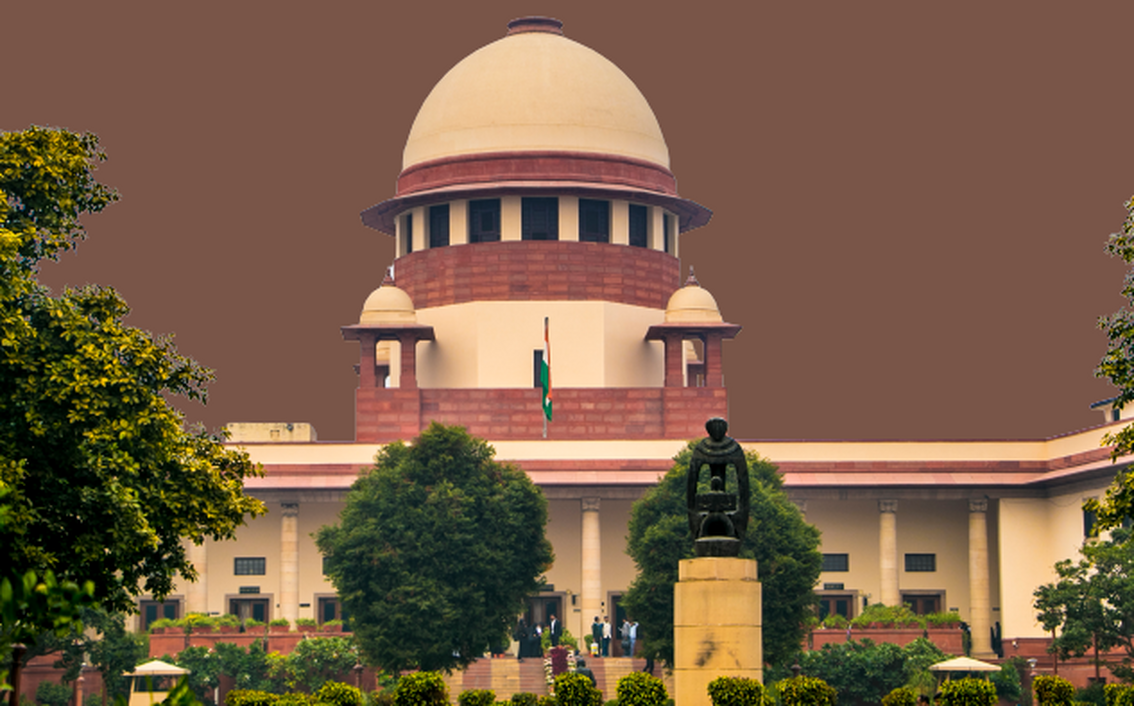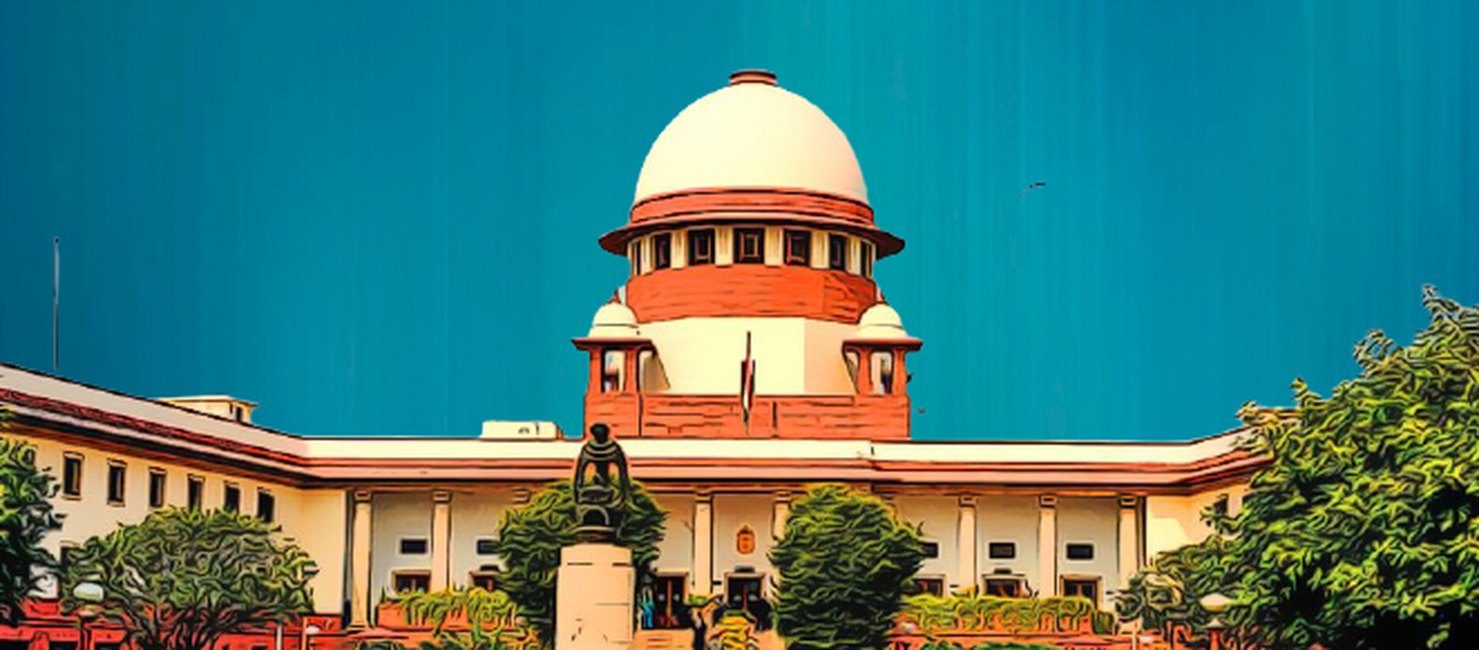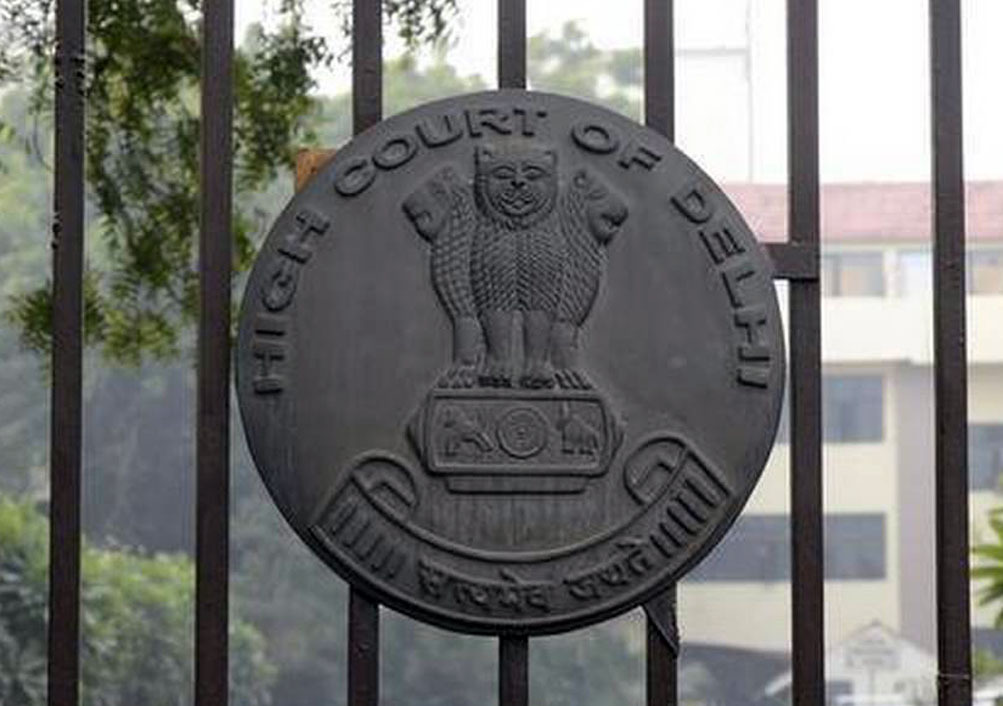Apex Court rejects argument that evidence of family members in case of dowry death is to be discarded; Remits back matter to Sessions Court to decide on Section 498A IPC charge
Justices Dipankar Datta & S.V.N. Bhatti [03-04-2024]

Read Order: STATE OF KARNATAKA BY GANDHINAGAR P.S v. M.N. BASAVARAJA & ORS [SC- CRIMINAL APPEAL NO.503 OF 2013]
LE Correspondent
New Delhi, April 18, 2024: While remitting a dowry death case back to the Sessions Court, the Supreme Court has observed that a woman facing harassment and cruelty owing to her or her family’s failure to meet dowry demands would more often than not confide in her immediate family members.
The first respondent along with the other respondents (second to fifth) stood trial for commission of offence punishable under sections 302, 498A and 201 of the Indian Penal Code, 1860 read with sections 3 and 4 of the Dowry Prohibition Act (DP Act) and they were acquitted. The State of Karnataka carried the judgment of acquittal in appeal before the High Court whereby the acquittal of the respondents for the offences under sections 302 and 201 of the IPC as well as sections 3 and 4 of the DP Act was confirmed however, the conviction of thr first respondent under section 498A, IPC was upheld.
On the question of sentence, it was represented on behalf of the first respondent before the High Court that he had been behind bars for four years during the period of trial. Considering that the maximum punishment that could be imposed under section 498A, IPC is three years, the High Court sentenced the first respondent to the period of incarceration already undergone and disposed of the appeal. This judgment was the subject matter of challenge in the appeal before the Top Court filed at the instance of the State of Karnataka.
The trial, in this case, stemmed from the unnatural death of Susheelamma within 7 years of her marriage. The first respondent happened to be her husband while the other respondents were her in-laws. After the First Information Report was registered under sections 498A and 304B, IPC read with sections 3 and 4 of the DP Act based on the complaint of Susheelamma’s brother (PW-1), police report under section 173(2), Code of Criminal Procedure Code was submitted before the relevant Court.
Bare perusal of the police report revealed that the materials collected during investigation pointed towards suicidal death of Susheelamma owing to harassment meted out to her by the respondents for not having brought with her requisite dowry at the time of marriage and even thereafter till her death. Despite the police report having been filed under section 304B, IPC and suggesting death of Susheelamma by suicide, charge against the respondents was framed by the Sessions Court under section 302, IPC.
At the outset, the Division Bench comprising Justice Dipankar Datta & Justice S.V.N. Bhatti observed, “This appears to us inexplicable in the absence of any material in the police report suggesting commission of offence under section 302, IPC. Assuming that the Sessions Court had reason to frame a charge under section 302, IPC, it is incomprehensible why no alternative charge under section 304B, IPC was framed.”
The Top Court was of the view that the testimonies of the relevant witnesses for the prosecution, left no manner of doubt that dowry death of Susheelamma could be and ought to have been presumed. “All the ingredients for framing of a charge under section 304B, IPC were present and quite mindlessly, an exercise appears to have been undertaken to nail the respondents for committing offence punishable under section 302, IPC overlooking the contents of the police report under section 173(2), Cr. PC suggesting suicidal death”, it added.
As per the Bench, the Sessions Court while framing charge under section 302, IPC did not apply its judicial mind resulting in non- framing of an alternative charge under section 304B, IPC. The High Court too failed to address the problem in the proper perspective and, thus, disabled itself from rendering justice to the parties.
“Merely because a charge under section 304B, IPC had not been framed and there had been lapse of time did not afford any ground to the High Court to distance itself from following the settled law and ordering a remand”, the Bench opined while also stating, “...we have found a specific finding in the judgment of the Sessions Court that both the first respondent and Susheelamma were residing together in a house in Suez Plot and that the dead body of the latter was found in such house.”
Rejecting the argument that the family members of the deceased were interested witnesses and their evidence is to be discarded, the Bench said, “A lady facing harassment and cruelty owing to her or her family’s failure to meet dowry demands would more often than not confide in her immediate family members. If the evidence of the family members in a case of dowry death is to be discarded on the ground that they are interested witnesses, we wonder who would be the reliable witness to testify for bringing the culprit to book.”
The Bench further observed that an opportunity is required to be extended as part of the assurance of a fair trial and reasonableness of the procedure established by law to enable the first respondent rebut the presumption of dowry death drawn in terms of the provisions contained in section 304B IPC read with section 113B of the Evidence Act. However, it was observed that notwithstanding the availability of evidence and materials on record sufficient to draw a presumption of dowry death of Susheelamma and such presumption is open to be rebutted if the first respondent adduces relevant evidence sufficient for a prudent man to believe the existence of circumstances put forward by him leading to the death of Susheelamma as probable without he being responsible in any manner. However, the Bench added that should such presumption be not rebutted, a conviction under section 304B, IPC could logically follow.
Thus, the Top Court held acquittal recorded by the Sessions Court, since affirmed by the High Court, qua the other respondents (second to fifth) would be maintained. The first respondent has also been adequately put on notice that unless he disproves the presumption of dowry death, he is liable to be convicted under section 304B. It was also clarified by the Bench that the Sessions Court would be free to decide on the sentence to be imposed on the first respondent for the conviction recorded against him by the High Court in respect of the offence under section 498A, IPC.
The Bench further ordered, “To facilitate the Sessions Court to dispose of the case against the first respondent in the manner that we have indicated above and to avoid delay, we direct the first respondent to appear before the Sessions Court on 3rd June, 2024 and also grant him the liberty to seek bail. Till 3rd June, 2024, he shall not be arrested.”
Sign up for our weekly newsletter to stay up to date on our product, events featured blog, special offer and all of the exciting things that take place here at Legitquest.



Add a Comment